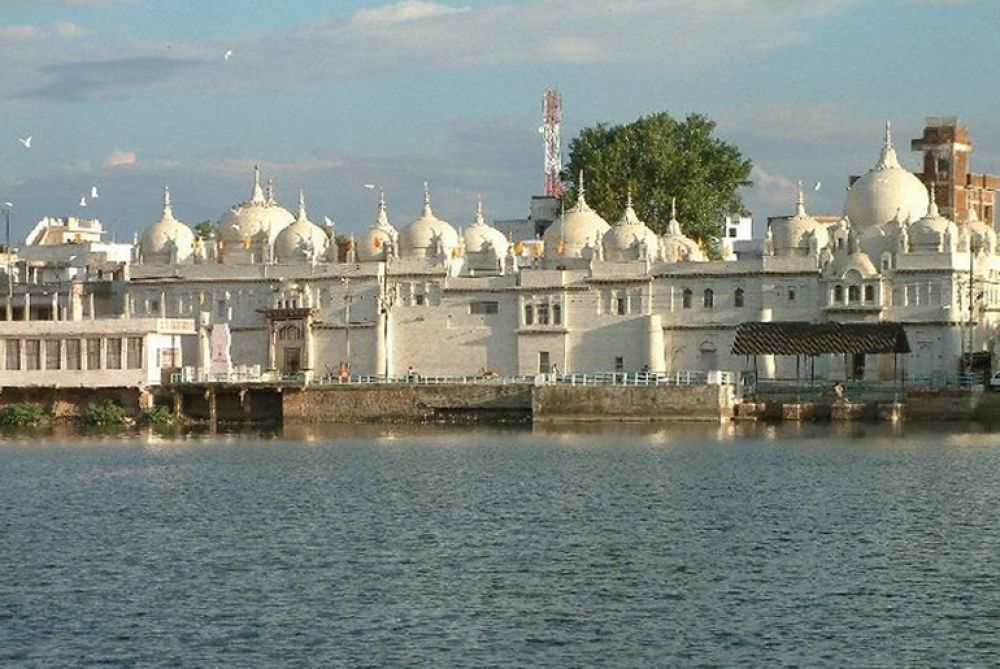

Located in the heart of Jabalpur, Madhya Pradesh, the Hanumantal Jain Mandir is a significant religious site and a testament to the city's historical and cultural fabric. Dating back to the 17th century, this temple is a hallowed place for followers of Jainism and has increasingly become a point of interest for tourists from around the world.
The Hanumantal Jain Mandir is believed to have been established in the Qila area of Jabalpur during the rule of the Gond rulers. It is revered as one of the oldest temple complexes in the region, rich with on-site and nearby ancient shrines dedicated to various Jain Tirthankaras. The temple complex has undergone various phases of renovation and expansion over the centuries, all the while retaining its original charm and religious significance.
The temple is particularly noted for its outstanding architecture, characterized by intricate carvings, spires, and sculptures. The sanctum houses the idol of Lord Adinath (Rishabhdev), the first Tirthankara of Jainism, with numerous smaller shrines surrounding the main complex. The blend of religious symbolism with artistic excellence makes the temple a fascinating attraction for both devotees and connoisseurs of art and architecture.
Jabalpur's establishment as a tourist destination has evolved over the years, with the Hanumantal Jain Mandir playing a significant role in spotlighting the city’s religious lineage. In the past, the site primarily attracted pilgrims, but growing awareness and the city's improved connectivity have seen a steady rise in the number of history enthusiasts, cultural tourists, and international visitors.
In recent years, cultural and spiritual tourism has taken center stage in Madhya Pradesh, with an emphasis on protecting and promoting the state’s historical heritage. The government and local bodies have undertaken initiatives to ensure better facilities and informational services for tourists visiting the Hanumantal Jain Mandir.
Furthermore, with the advent of social media and digital marketing, virtual tours and information dissemination through various platforms have made such historical sites more accessible and more appealing to younger demographics. The inclusion of local festivals, fairs, and the provision of guides who explain the intricate history of the temple complex has further enriched the visitor experience.
As part of the broader tourism trend, there is also a focus on responsible tourism, where efforts are made to preserve the sanctity and cleanliness of the site. Visitors are encouraged to respect the temple's traditions and contribute to sustaining the heritage and environment.
The Hanumantal Jain Mandir is more than just a place of worship; it is a living museum that offers a holistic experience of peace, devotion, art, and history. The site remains a nexus of perpetual fascination, attracting those who wish to explore the rich Jain culture and the historical depth of Jabalpur.
Whether it's the serene ambiance of the temple, the vivid history it symbolizes, or the awe-inspiring architecture that defines it, the Hanumantal Jain Mandir is a destination that truly represents the timeless allure of India's religious tourism.